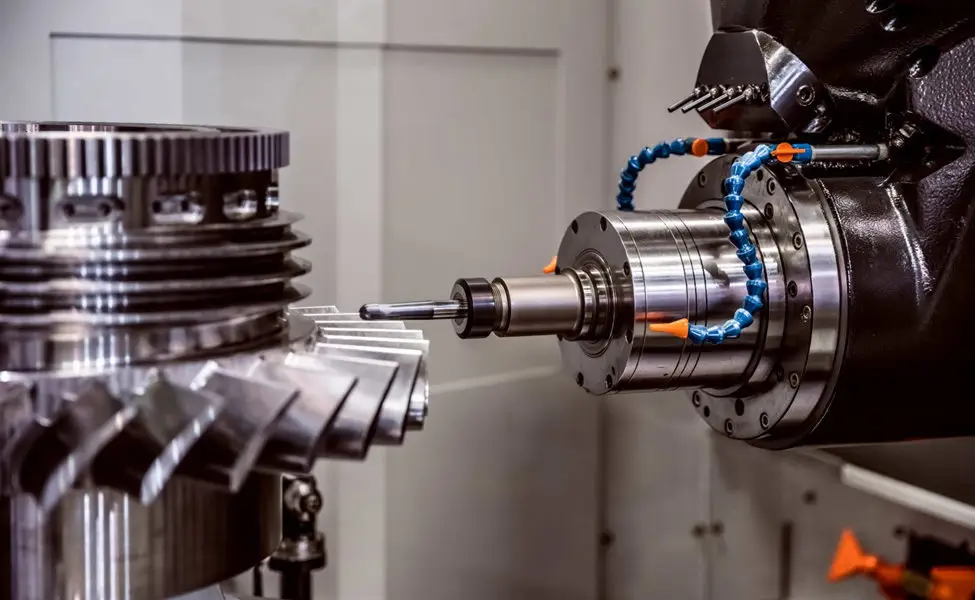 Made in China
Made in China GB/T19001-2016/ISO 9001:2015
GB/T19001-2016/ISO 9001:2015 TUV
TUV SGS
SGS


Enhanced Efficiency
One of the primary advantages of precision CNC machining is its ability to produce parts quickly and efficiently. The automated process significantly reduces production time, allowing manufacturers to meet tight deadlines and high demand.
Improved Accuracy
CNC machining delivers superior accuracy compared to traditional machining methods. This precision is crucial for industries such as aerospace and medical, where even the slightest deviation can lead to failure.
Cost-Effectiveness
While the initial investment in CNC machinery may be high, the long-term savings in labor costs and material waste can be substantial. The efficiency and accuracy of CNC machining contribute to lower overall production costs.
Applications of Precision CNC Machining
Precision CNC machining is widely used across various industries due to its versatility and reliability. Here are some notable applications:
Aerospace Industry
In aerospace manufacturing, precision is critical. CNC machining is used to create components like turbine blades, landing gear, and structural parts, ensuring they meet strict safety and performance standards.
Automotive Industry
The automotive sector relies on CNC machining for producing high-precision parts, including engine components, transmission housings, and custom fittings. The ability to manufacture complex shapes efficiently is vital in this fast-paced industry.
Medical Devices
Precision machining is crucial in the production of medical devices and instruments. CNC machines can create intricate parts with smooth finishes, essential for implants, surgical tools, and diagnostic equipment.
The Future of Precision CNC Machining
As technology continues to evolve, precision CNC machining is expected to see significant advancements. The integration of artificial intelligence (AI) and machine learning will enhance the capabilities of CNC machines, leading to smarter manufacturing processes.
Trends to Watch
Conclusion
Precision CNC machining is a game-changer for modern manufacturing, offering enhanced efficiency, accuracy, and cost-effectiveness. As industries continue to evolve, this technology will play an even more critical role in producing high-quality components across various sectors. Embracing CNC machining will be essential for businesses looking to stay competitive in today’s fast-paced market.

